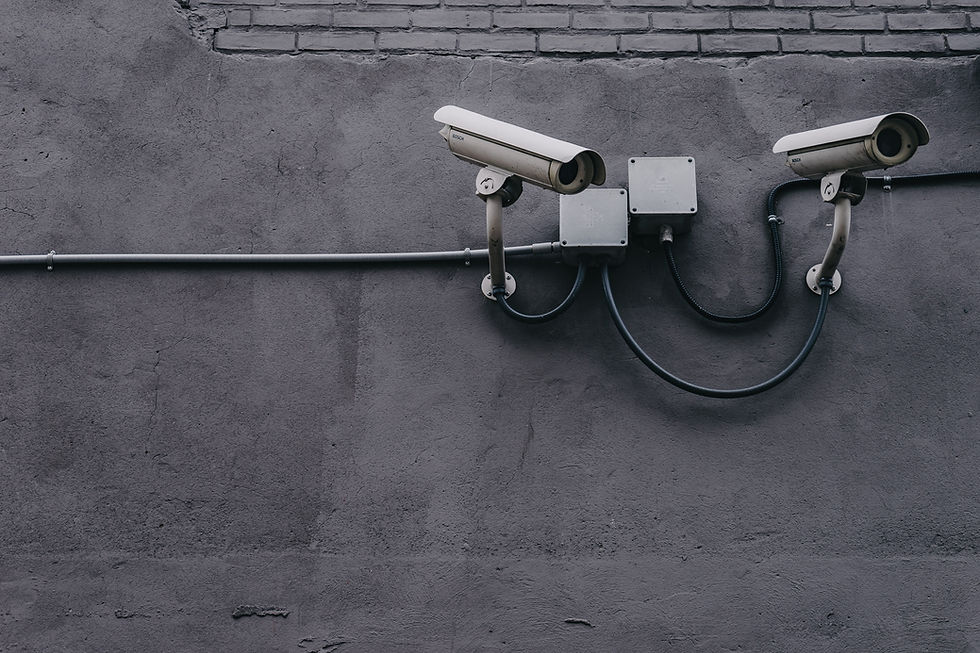CCTV
- farmersfriendlincs
- Jun 21, 2023
- 3 min read

CCTV – Legal and practical considerations when installing CCTV
It is increasingly common for farms and other rural businesses to decide to install CCTV. It can have many purposes, with security and safety being a significant one; but also practical uses such as monitoring livestock, pack houses and visiting vehicles without having to get off the farm office chair, or in the case of mobile linkage, without having to leave the tractor.
Before going to the expense of CCTV you do need to consider some realities. CCTV will NOT reduce your chances of being a victim of crime. Indeed, some statistics suggest CCTV can increase the risk of theft or burglary. However, if installed correctly it will provide evidence of perpetrators of a crime. I emphasize “if installed correctly”. It is very easy for CCTV evidence to be disputed if cameras are not at eye level – this obviously leaves them prone to attack! Indeed, for evidence gathering purposes the best CCTV is often obtained from covert or hidden cameras. I used to find this was the case with fraudsters on Bank premises who would know where the overt cameras were and obscure themselves from them, It is now normal for many businesses, especially farms and other rural businesses, to but have less success with covert ones. In the case of one Bank raid, the perpetrators, despite being identified by somebody that new them, were found innocent due to the CCTV camera angle deemed to have added “reasonable doubt”. You also need to consider that CCTV in itself can be a target for damage or theft.
However, CCTV has some practical uses other than security. It can enable you to see the arrival of a grain lorry. It can enable you to keep an eye on a pack-house or similar farming operation. It can also capture employee dishonesty.
Although many try to make this complicated, but I believe the following simple guidelines should suffice. There are two main laws governing the use of CCTV, that is The Protection of Freedom Act 2012; and The Data Protection Act 2018.
What is your need for CCTV? This should be something like security or a simple business need, for example monitoring the site remotely for workings and delivery.
What is being recorded? Employees? The public thoroughfare? Your neighbours. You should only record what there is a legitimate need to record and privacy should be expected. For example recording the sound of employees talking may be deemed a breach of privacy, as would cameras in changing areas or toilets.
Who will be responsible for CCTV control, maintenance and queries? This should be a named person or position within your business.
How will data be stored? Simple storage rules, how long will images be kept? Who will be responsible for maintaining and deleting them? Where will they be stored. Many systems over-write after 31 days. If you keep images for a longer period you need to have a legitimate reason in line with the purpose for having CCTV.
Signage – You should have signage in any area accessed by the public stating CCTV is in use and who to contact if you require a copy of it. People are generally entitled to see any image of themselves or their vehicles. Employees and visitors should also be made aware of CCTV, usually with signage or written notification (I have seen this inside vistors books on some sites).
Registration with the Information Commissioner - In most cases this will be required with annual registration fees starting at £35. This together with other information can be found on the Information Commissioners website.



Comments